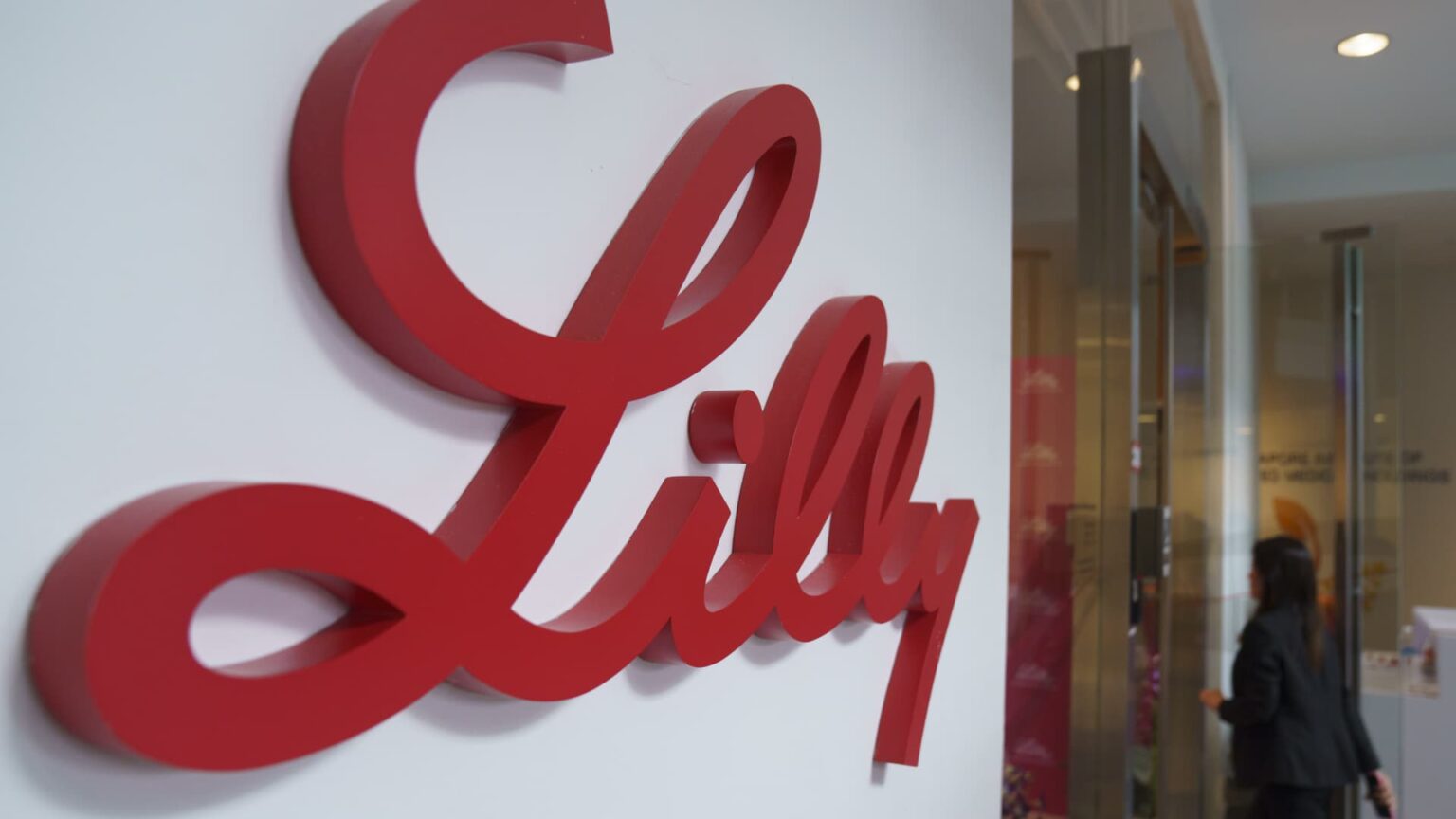Eli Lilly Reports Strong Revenue Amid Profit Guidance Revision
Pharmaceutical giant Eli Lilly recently revealed its financial results for the first quarter of 2025, showcasing robust revenue and earnings that exceeded market expectations, driven largely by the popularity of its weight loss and diabetes drugs.
Quarterly Performance Overview
Eli Lilly’s first-quarter revenue reached $12.73 billion, a significant 45% increase year-over-year. The earnings per share adjusted to $3.34, surpassing analyst expectations of $3.02.
The pharmaceutical leader maintained its fiscal 2025 sales guidance of $58 billion to $61 billion, despite announcing a reduction in its full-year profit forecast due to a $1.57 billion deal charge associated with the acquisition of an oral cancer treatment from Scorpion Therapeutics.
CEO Dave Ricks emphasized the impact of President Donald Trump’s tariffs on the industry, stating that while tariffs have prompted investments in U.S. manufacturing, their necessity is still under review.
Drug Performance
Two major products contributed to Eli Lilly’s strong financial results:
- Mounjaro generated $3.84 billion in revenue, marking a remarkable 113% growth from the previous year.
- Zepbound saw revenues of $2.31 billion, more than quadrupling the $517.4 million reported a year ago.
Analysts had forecasted revenues of $3.81 billion for Mounjaro and $2.28 billion for Zepbound, illustrating the company’s ability to surpass market expectations.
U.S. Market Dynamics
U.S. sales soared 49% to $8.49 billion, driven by a 57% increase in the volume of Zepbound and Mounjaro prescriptions. Despite this growth, Eli Lilly acknowledged challenges stemming from lower realized prices for these drugs.
Analysts remain optimistic, particularly as the demand for these injectable incretin therapies continues to outpace supply, prompting both Eli Lilly and competitor Novo Nordisk to invest significantly in expanding manufacturing capabilities.
Market Reactions
Following the earnings announcement, Eli Lilly’s shares experienced a substantial increase, closing up over 11%. This rise followed CVS Health’s decision to favor Novo Nordisk’s Wegovy as the preferred weight loss medication on its formularies, presenting competitive challenges for Zepbound.
Conclusion
As Eli Lilly navigates a complex market landscape marked by regulatory pressures and competitive dynamics, its pharmaceutical portfolio continues to drive impressive revenue growth. The company’s strategic investments in domestic manufacturing and ongoing product performance will be crucial as it adapts to evolving market conditions.
